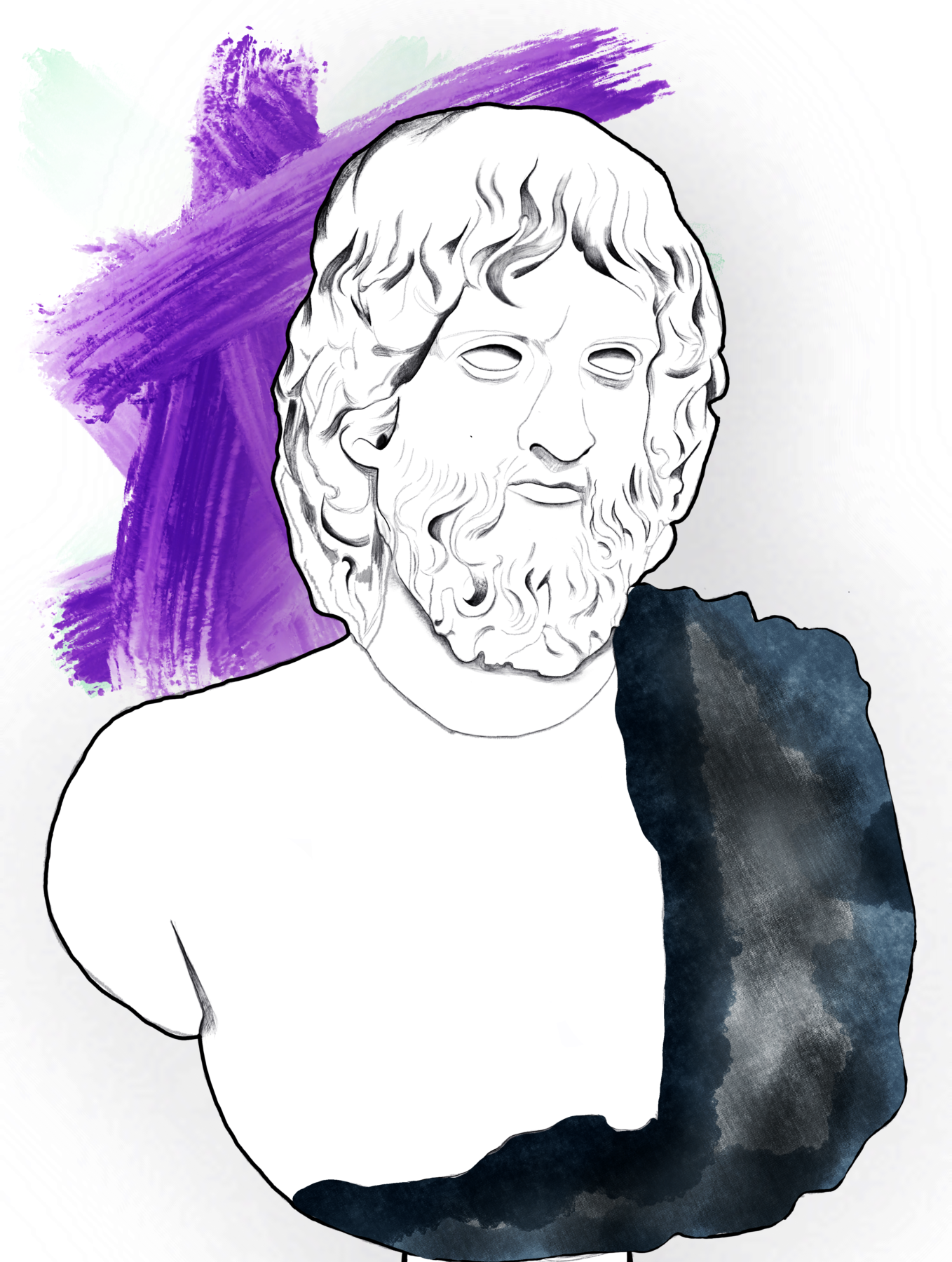In Greek mythology, Jupiter, known as Zeus in Greek, is one of the most prominent and powerful gods in the pantheon. Revered as the king of the gods and the ruler of Mount Olympus, Jupiter holds a central role in countless myths and legends. In this article, we delve into the captivating tale of Jupiter in Greek mythology, exploring his divine attributes, notable exploits, and enduring impact on ancient Greek culture.
Attributes of Jupiter in Greek Mythology:
Jupiter is depicted as a mighty and regal figure, wielding thunderbolts as his weapon of choice. He is often portrayed with a flowing beard, exuding an air of authority and wisdom befitting his position as the supreme deity. As the god of the sky and weather, Jupiter controls thunder, lightning, and storms, instilling awe and fear in both mortals and other gods alike.
Among his divine attributes, Jupiter is known for his vast knowledge, foresight, and ability to shape destinies. He is also celebrated as the protector of guests, upholder of hospitality, and a patron of justice, ensuring the laws of the gods and men are upheld.
Notable Exploits of Jupiter:
Throughout Greek mythology, Jupiter is at the center of numerous epic tales and heroic adventures. As a master of disguise, he often assumes various forms to interact with mortals and test their character and virtue.
One of the most famous stories involving Jupiter is the Titanomachy, a great war between the Olympian gods led by Zeus and the Titans. In this epic battle, Jupiter and his siblings successfully overthrew the Titans and established themselves as the new ruling deities of Olympus.
Jupiter is also renowned for his numerous love affairs and unions with both goddesses and mortal women, leading to the birth of various demigods, heroes, and mythological beings. These affairs often led to dramatic events and conflicts, further enriching the tapestry of Greek mythology.
Enduring Impact on Ancient Greek Culture:
Jupiter’s influence extended beyond mythology, leaving a lasting impact on ancient Greek culture. As the father of the gods and the embodiment of divine authority, Jupiter served as a role model for leaders and kings. The concept of Zeus as the protector of guests and enforcer of hospitality became a fundamental cultural value in ancient Greek society.
The symbolism of Jupiter as the god of thunder and storms also found its way into various aspects of Greek art, literature, and architecture. Temples were erected in his honor, and statues depicted him in his majestic and awe-inspiring form.
